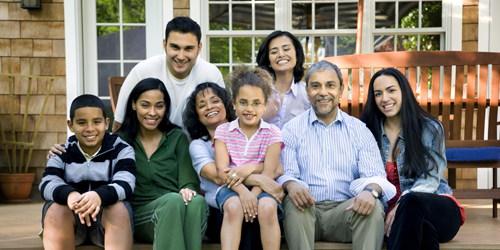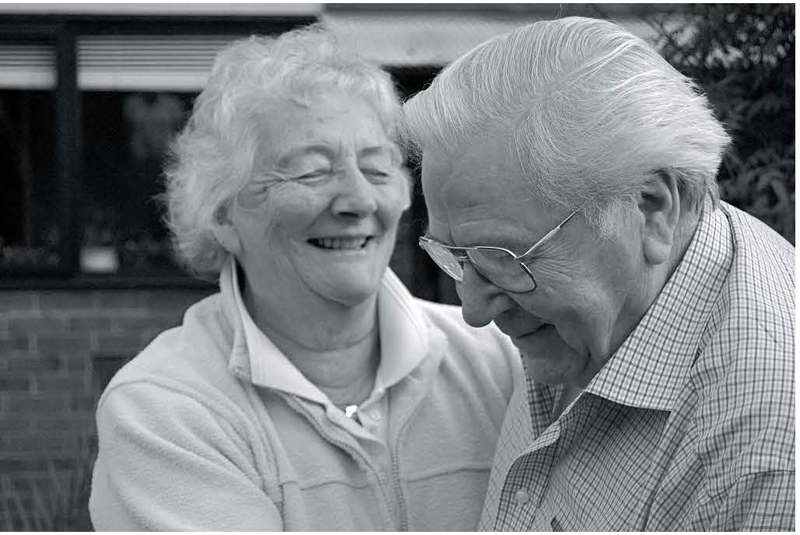
What I was told:
“Just go online and look at records.”
What I learned for myself:
Have a goal. That will guide your research.
Along with a general how-to that you can use to guide your genealogy research, I’ll be sharing my genealogy journey as a way to help you see how general advice resulted in specific findings.

There all sorts of online genealogy how to’s. And none of them are right. Or more to the point none of them are exactly right for you. The main thing you need to have when you start is a goal. This goal will dictate what you look for in how you look.
If you’re trying to find your biological father, you can’t start by interviewing his parents. If you’re trying to find a slave ancestor, you can start by just looking them up in the census of 1860 (slave names were often not listed).
I wanted to find out if there was any truth to the family legend that are my original immigrant was one of 3 brothers who came to the United States after being kicked out of Ireland for ringing the church bells.
Was there any truth to the family legend of a woman being run over by a train?
Were any relatives still alive from my grandpa’s generation?
These goals drove how I researched genealogy.
To me, that indicated that I needed to find his family in that generation. And he was 3 or 4 generations before me. And I had to go back one further because I could only prove they were brothers if I knew who their parents were. So I had to go back 5 generations.
Some sites will tell you to dive right in and look for online records. Some people will tell you, “Everything is online now.” That is not true. I had to do a lot of research in libraries and other institutions, and much of the most helpful material came from relatives. That’s why I recommend as Step 1:
Step 1 Interview your oldest living relative(s).
 The Internet Before The Internet
The Internet Before The Internet
Archived files will always be there. People won’t. Start by interviewing the oldest relatives you can find. Be sure to include as many family branches as possible. I found that a lot of people will say, “I don’t know anything about family history.” But once they start to think about things and access those memories, more and more will come back. So don’t give up when interviewing (but don’t badger them when they’re tired of talking).
Ask specifics about their relatives, where they lived, occupations, etc. But be sure to ask also about family legends. There usually turns out to be a kernel of truth in those stories, and they often help you make sense of facts you might discover that don’t seem to relate—if you don’t know the legend.
For a list of genealogy questions to ask, click here (UCLA Library Center for Oral History Research).
For a longer list, click here, but you probably want to pick and choose from the extensive list .
Or click here to download a PDF file of it.
Stay tuned for further steps in future posts! Also look for tips I’ve learned on my own.
